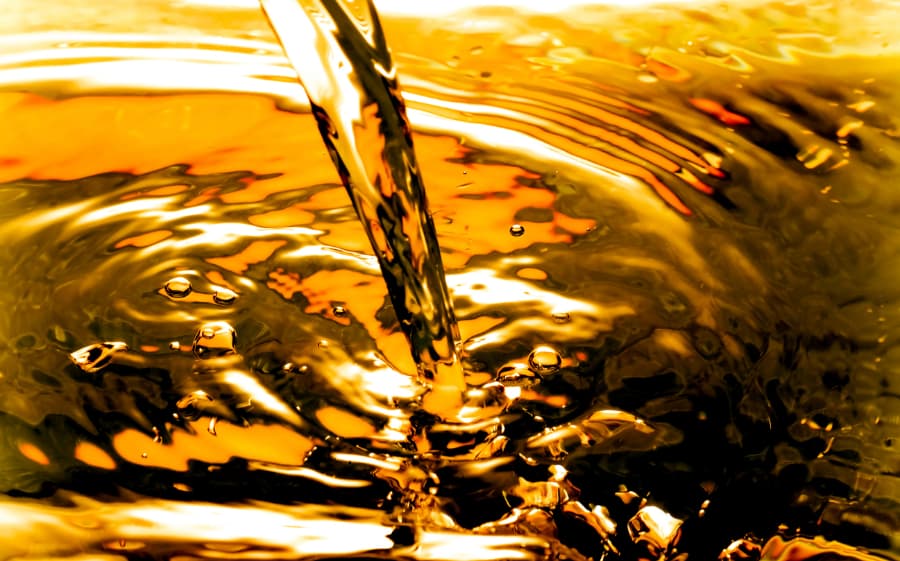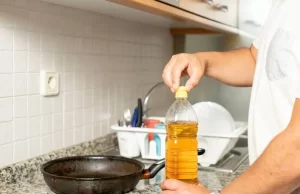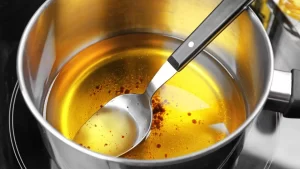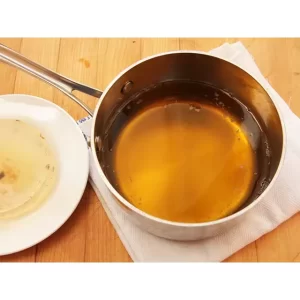Although there are several solutions on the market that promise to assist foodservice operators to lower their oil costs and extend the life of cooking oil, oil filtration systems made for use in gas and electric fryers continue to present the strongest return on investment case. Today’s industrial kitchens absolutely cannot function without a deep fryer. Numerous fried dishes, such as fried chicken, fish and chips, fried shrimp, wings, French fries, onion rings, calamari, and doughnuts, are enjoyed every day by people all over the world. And those are only a few examples.
No matter where you are, a restaurant close to you is probably where you will discover the majority of these fried dishes. You probably have at least one deep fryer in your kitchen as a restaurant owner or operator, if not more. Are you making the most of your fried food program if your establishment does have deep fryers? Do your fryers provide the highest-quality food possible? Do you think your investment is yielding the finest results?
Your food quality and profit margins will suffer if you don’t filter your oil. In reality, one of the most crucial steps you can take to maintain the standard of your fried dishes and boost your profitability is oil filtering.

How can oil filtration preserve the quality of your food?
We must comprehend how fryer oil deteriorates over time while being used in order to respond to that query. Water, air, sediment, and heat are the four basic factors that cause oil to deteriorate. First, ice crystals from frozen foods frequently make their way into fryer oil and contain water. Food will also release some water when it cooks, particularly if it has an excessive amount of marinades. Water is particularly disruptive to fryer oil since it has a significantly lower boiling point than oil.
Second, when oil lies outside unprotected, air oxidizes it, degrading it. Third, residue from burned food particles darkens the oil and imparts unpleasant smells and odors. Finally, the heat from the fryer itself over time deteriorates the oil’s quality. The oil smokes and deteriorates as the fryer continues to heat it because the oil’s smoke point continually decreases.
Keep in mind that oil is food. Even if you start with the highest-grade goods, the quality of your cuisine will ultimately depend on how wonderful your oil is. Fried meals taste and smell terrible because of the use of burned, deteriorated oil. Additionally, it performs worse than clean oil. Food absorbs more oil when fried in oil that is past its expiration date because the breading or crust does not crisp up as soon. Instead of a crisp, golden-brown result, you get a greasy, darker mess. You should filter your oil frequently since, in this case, cleaner oil means better food. You can contact NJ Oil Recyclers and they will help you with the oil filtration.
Oil filtration Technology
First, filtering is necessary to keep oil clean, which leads to healthier, better-tasting fried food that, to the customer, appears more appetizing. Additionally, filtering increases the oil’s lifespan, which in the long run results in significant oil cost savings and reduced maintenance requirements. Understanding the science behind filtering aids in putting its function in perspective.
A solid that hasn’t dissolved in a liquid can be separated using the separation technique of filtering. The particles and liquid are put into filter paper, which is then utilized. Filtrate, the liquid in the container, passes through the filter paper while residue, as the solid is known, stays in the filter paper. Other items that separate the solids from the oil do not affect the solids’ ability to burn and form carbon deposits.
Given that the particles are the primary cause of food discoloration and poor-tasting fried goods, oil cannot be utilized for frying to high standards if it contains sediment and floating or suspended particles. To guarantee that the kitchen crew makes the most of the designated frying equipment, the appropriate filtration mechanism is required.
Importance of Oil filtration
Before the following session, oil should be filtered after being used, even for just one servicing session. As it is impractical to remove heated oil from a fryer, this can only be done by filtering inside the fryer. The oil can only be kept clean through filtering. You can get assistance with oi filtering from businesses like NJ Oil Recyclers. You can’t fry meals successfully in unclean oil, even if a miraculous cure quadrupled the oil life.
The majority of kitchens discard the oil long before it has reached the end of its useful life. They hold the belief that anything that appears filthy should be altered. The best way to increase oil life is through filtration, which can also reduce users’ oil costs by 50% on average. This makes filtration a time and money-saving system that quickly pays for itself.

Is it worth filtering the oil?
Cooking oil has been processed and cleaned using filtration technology for a while, but the technology has now advanced to the point where oil can now be cleaned by up to 91%. When food is cooked, tiny particles that fall off into the oil leaves behind a significant amount of sediment. This causes the oil to become rancid, and to change in color and odor. As a result, the oil starts to smell bad and changes color.
This has a negative impact on the food being cooked in a frying pan over time since these tiny particles have a tendency to attach to the fresh food, giving it an overdone stench, color, and flavor. The cooking oil filter works by mechanically passing oil from the frying pan through a series of progressively smaller filters that capture debris and clean the oil.
The oil is then pumped back into the frying range via the filter, where it is thoroughly cleaned of any remaining particles. Food is fried as a result, and it tastes, looks, and smells amazing. For the best oil filtration services, get in touch with NJ Oil Recyclers.



